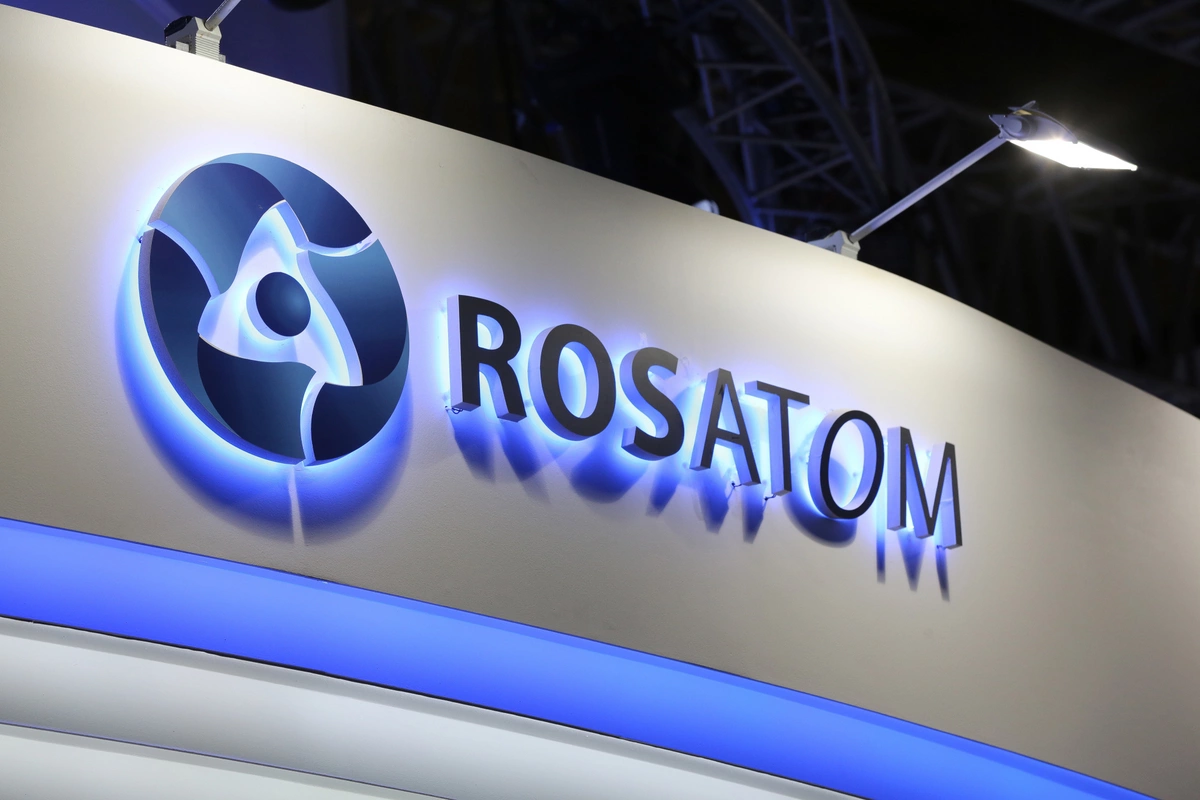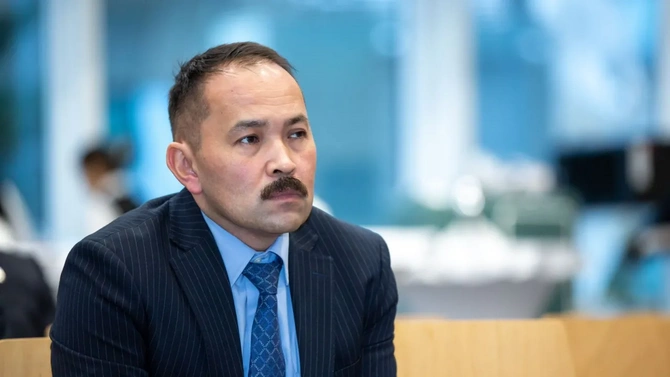
By Maria Zhigadlo
The Caspian Post presents an interview with renowned Kazakhstani financier Rasul Rysmambetov.
- In mid-December, Russia’s Uranium One, a subsidiary of the state corporation Rosatom, sold its stakes in three joint ventures (JVs) with Kazakhstan’s national company Kazatomprom. These stakes included 49.99% in the Zarechnoye JV, 30% in Khorasan-U, and a 30% indirect stake in Kyzylkum. All shares were sold to Chinese companies. In your opinion, what motivated Rosatom to sell its stakes in Kazakhstan to China? Why might Kazakhstan have facilitated this transaction?
- Kazakhstan undoubtedly played an active role in these negotiations, although a significant portion of the discussions likely took place between Russia and China. For Kazakhstan, this deal brought several key advantages.
First, it reduces sanctions-related risks. The withdrawal of Russian companies from uranium projects and their replacement with Chinese partners helps avoid potential secondary sanctions targeting Russia and simplifies the export of Kazakh uranium to global markets.
Second, it strengthens economic cooperation with China. China has long sought to participate in Kazakhstan’s uranium projects, although it hasn’t always succeeded in the past. Now, China has an opportunity to significantly enhance its presence, ensuring a stable market for Kazakh uranium. Given that Kazakhstan is the world’s largest uranium producer and China is one of the largest consumers, this is a mutually beneficial partnership.
- What risks might arise from the increasing influence of China in Kazakhstan’s uranium sector?
- The main risk lies in the possibility of China gaining significant control over production or becoming the dominant buyer, which could allow it to dictate terms, particularly in pricing. This poses a strategic challenge that Kazakhstan must carefully navigate. To minimize such risks, it is crucial to maintain balance in the partnership and avoid over-dependence.

Photo: Rasul Rysmambetov/kazpravda.kz
- How might this deal affect Kazakhstan’s long-term relations with Russia and China in the uranium sector? And what does Rosatom’s withdrawal mean for the region?
- Drawing parallels between Russia and China is challenging. China is a global player-the world’s second-largest economy-actively pursuing leadership in investments and other areas. Russia, on the other hand, has limited economic capabilities in the region. Central Asia is already under significant economic influence from China, although its cultural influence remains relatively weak.
For Rosatom, this sale likely signals a weakening of its strategic position in Kazakhstan. On the other hand, for China, this represents another step toward strengthening its economic dominance in the region, particularly in such a critical sector as uranium mining.
- Considering the growing Chinese investments, how likely is it that China will solidify its dominance in Kazakhstan’s uranium market?
- The likelihood of China establishing dominance is very high. The scale of its investments and its long-term strategy in the region make this progression logical. Historically, China has been a key partner to Central Asia, dating back to the Silk Road era. Today, this partnership extends to uranium, transit, and infrastructure development.
It is important to note that China is generally a predictable partner. However, in some cases, Chinese companies use corrupt schemes to enter projects. That said, when cooperation is mutually beneficial, it typically develops successfully.
- What conclusions can we draw from this development?
- China’s integration into Kazakhstan’s key industries, including uranium, is inevitable. However, Kazakhstan must be cautious, avoiding the sale of resources at undervalued prices and developing joint projects to acquire technology and expertise. China is a neighbor with vast financial, technological, and human resources. Cooperation with China can yield significant benefits if Kazakhstan carefully manages the risks and balances the relationship.
Share on social media